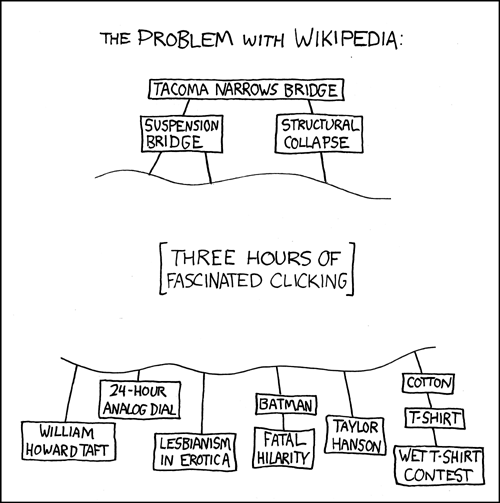
With that safely out of the way, we can proceed with the fun...
First out of the blocks is Mo the Neurophilosoph[er] with the longest blog post I've ever seen (it's very good too). The post is a detailed history of the renowned neurosurgeon Wilder Penfield and the invention of the Montreal Procedure.
Doctor Spurt of Effortless Incitement is recently big into chimps, he's got two great posts on our closest cousins. The first is on the surprising finding that chimps use self-distraction to counteract impulsivity and the second covers a cool PNAS paper on stress reduction via consolation.
Scicurious of Neurotic Physiology submitted a post related to my own research interests (bless her heart): she has the lowdown on a PLoS ONE paper that found culture influences how we process faces.
Chris of Ouroboros (as in the mythical serpent eating its own tail) has a post sure to get Aubrey de Grey excited: he covers a paper that found a way of counteracting age-related decline in neurological function. (In mice, alas).
Vaughn of Mind Hacks visited London's red light district recently. For research purposes. No, really.
Neuronism is a new blog that looks promising (check it out!). The author submitted two posts: the first covers the widely-reported Nature Neuroscience paper about predicting hits or misses in basketball from 'thin slices' and the second is about grid cells.
David of deadpopstar has a really odd name for his blog; which certainly doesn't explain why he knows a lot about Cochlear implants. (That, I suspect, may have something to do with his Ph.d...). Anyway, his post is about a couple of papers on ways of improving the implants.
Jake of Pure Pedantry is a veritable research blogging machine. (I'm not jealous of his work ethic or anything...). His latest piece is on an example of encoding diversity, namely, orthogonal encoding. I'm not at all sure I understand what's going on, but it looks pretty darn important.
Next is posts by two of the Neuroanthropology authors, Greg and Paul. The former disputes the notion that the difference in the variance in math ability between men and women has biological roots, and the latter produced a useful post listing some of the web's best neuroscience resources.
Jennifer Gibson, writing for Brain Blogger, has a fascinating piece about the new theory that the visual system generates images that predict one tenth of a second into the future. Crucially, the theory, dubbed "perceiving the present", seemingly explains how optical illusions arise.
Brain Stimulant, appropriately enough, submitted a post on transcranial magnetic stimulation as a treatment for Asperger's syndrome.
Finally, a trifecta of posts from Sharp Brains: Laurie Bartels with a list of resources related to neuroplasticity and neurogenesis, Adrian Preda on how the brain benefits from exercise, and Alvaro with a roundup of cognitive health news.
That's it! The next edition of the carnival will be hosted by the most excellent Neurophilosophy on September 15th. If you would like to contribute, send an email to {encephalon}{dot}{host}{at}{gmail}{dot}{com}.




 23.0 and
23.0 and 